- Joined
- Apr 30, 2005
- Messages
- 33,278
Actually, I just noticed your piano already has a lock. DUH! Kenny! 
Close the lid completely, both parts, and on the front there will be a keyhole like mine below.
Call Mason and Hamlin in Massachusetts, http://www.masonhamlin.ca/Contact/
Give them your serial number and ask if they have a key or know who makes one.
Here is where the serial number is often located ...
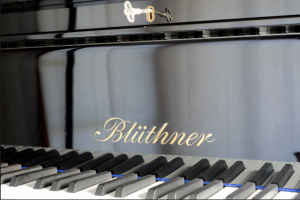
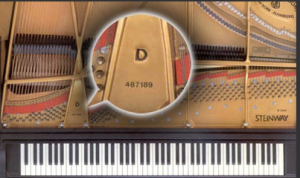
Close the lid completely, both parts, and on the front there will be a keyhole like mine below.
Call Mason and Hamlin in Massachusetts, http://www.masonhamlin.ca/Contact/
Give them your serial number and ask if they have a key or know who makes one.
Here is where the serial number is often located ...



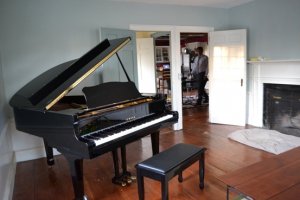
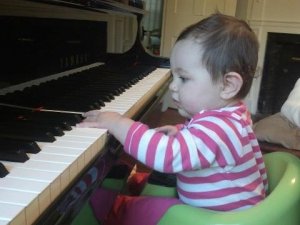
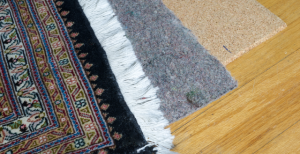
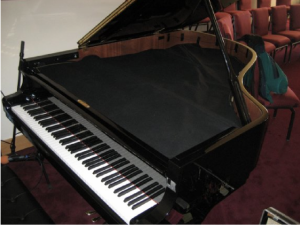
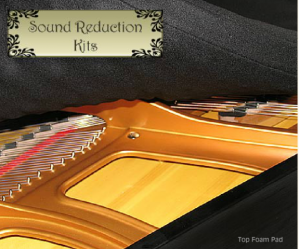
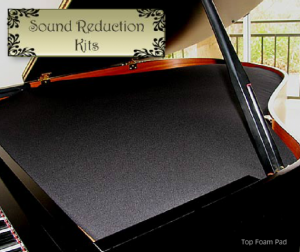
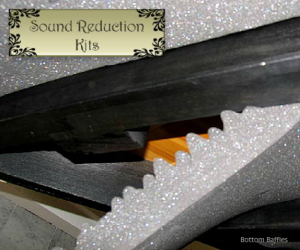
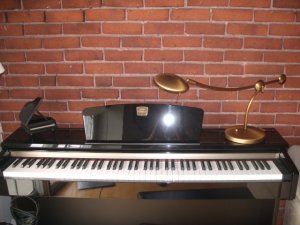


300x240.png)